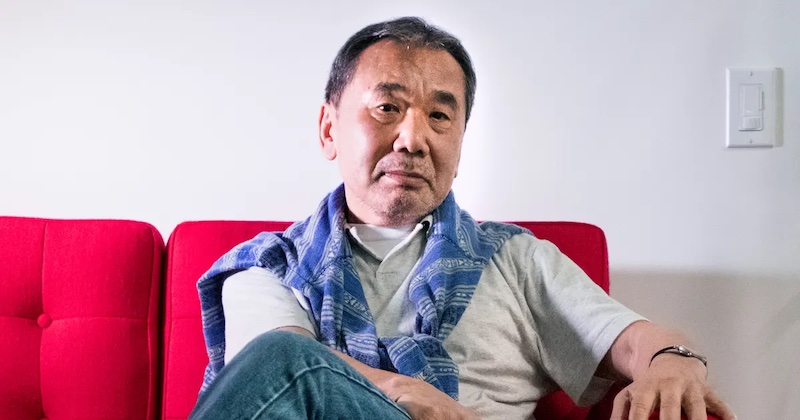
Haruki Murakami is asking developers not to destroy the place where he decided to become a writer.
Haruki Murakami famously became a writer at a baseball game. It was April 1978, the Yakult Swallows against the Hiroshima Carp at Tokyo’s Jingu Stadium. “I think Hiroshima’s starting pitcher that day was Yoshiro Sotokoba,” Murakami wrote.
Yakult countered with Takeshi Yasuda. In the bottom of the first inning, Hilton slammed Sotokoba’s first pitch into left field for a clean double. The satisfying crack when the bat met the ball resounded throughout Jingu Stadium. Scattered applause rose around me. In that instant, for no reason and on no grounds whatsoever, the thought suddenly struck me: I think I can write a novel.
I can still recall the exact sensation. It felt as if something had come fluttering down from the sky, and I had caught it cleanly in my hands. I had no idea why it had chanced to fall into my grasp. I didn’t know then, and I don’t know now. Whatever the reason, it had taken place. It was like a revelation. Or maybe epiphany is the closest word. All I can say is that my life was drastically and permanently altered in that instant—when Dave Hilton belted that beautiful, ringing double at Jingu Stadium.
The rest is history—or rather, lots of hard work and luck and talent. But now, Yuriko Koike, the Governor of Tokyo, has approved a development plan that would demolish the ball park, as well as Murakami’s “favorite jogging path,” along with a rugby stadium used during the 1964 Tokyo Olympics, in favor of skyscrapers and new stadiums.
“I’m strongly opposed to the Jingu Gaien redevelopment plan,” said Murakami on his radio show on Sunday. “Please leave that pleasant jogging course full of greenery and the lovely Jingu Stadium as it is. Once something is destroyed, it can never be restored.”
Hundreds of people gathered to protest the development over the weekend; a court hearing on a lawsuit aiming to halt the work will be held this week.
[via AP]
Emily Temple
Emily Temple is the managing editor at Lit Hub. Her first novel, The Lightness, was published by William Morrow/HarperCollins in June 2020. You can buy it here.



















